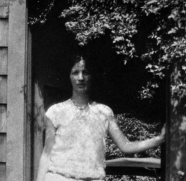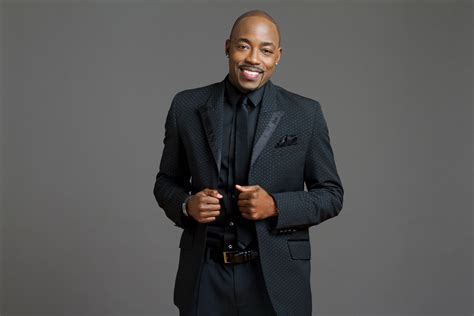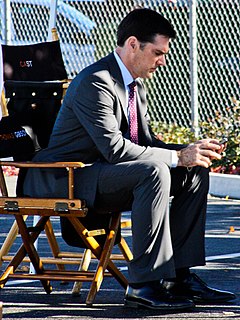A Quote by Ruth Ozeki
I've always played that edge of fact and fiction. I used to be a filmmaker, and certainly in film that's a line that filmmakers cross more readily and more easily than novelists.
Related Quotes
As a filmmaker I have changed, yes. I seem to have crossed a line and that journey, trajectory change is more apparent. I'd say, what changed dramatically in me as a filmmaker is the fact that now, it is about why am I making the film, what is this supposed to mean to people. Earlier, it was more about entertaining or engaging them.
But for all those who don't want the Queen there are easily as many who don't want a President and even more who certainly would not want one if they knew who it would be. As you can readily see, I have given more thought to this subject than most and I have reached my own conclusion. God save the Queen.
The interesting thing about basketball is that it is played recreationally all over the world in playgrounds where people shoot hoops. Perhaps it is because of this that the look of the game seems to have been able to cross over into streetwear more easily than that of some sports that are confined to more specialist arenas.
I'm more thrilled by the short fiction than I expected to be. I've found more pleasure in reading short fiction than I used to. By seeing what kinds of thinking are going on in short fiction. I was also surprised by the panic I've felt, especially at first, when we'd put an issue to bed and then realized we had to put another one together.






































